Gene Editing, Microbiome and Neoantigens
Genome editing (also known as gene editing) refers to a set of technologies that allow scientists to alter an organism's DNA. These technologies allow for the addition, removal, or modification of genetic material at specific points in the genome. There have been several ways by which genome editing developed. Genome editing tools allow scientists to alter DNA, resulting in changes in physical characteristics such as physical features and disease risk. To achieve so, scientists employ a variety of technologies. These devices work like scissors, cutting DNA at a precise location. The DNA that was sliced can then be removed, added to, or replaced by scientists.
The microbiome is made up of all of a microbiota's genetic material (the entire collection of microorganisms in a specific niche, such as the human gut). This is also referred to as the microbiota's metagenome. The microbiome is the genetic material of all microbes that reside on and inside the human body, including bacteria, fungi, protozoa, and viruses. The total number of genes in a person's microbiome is 200 times greater than the number of genes in the human genome. It's possible that the microbiota weighs up to five pounds. Human development, immunity, and nutrition are all dependent on the microbiome.
During carcinogenesis, gene mutations occur in both the non-coding and coding regions, and amino acid sequence variations produced by mutations in the coding region might result in proteins that are not found in normal cells. These proteins have the ability to activate the immune system, causing it to target cancer cells. Neoantigens are mutated antigens that are only expressed on the surface of cancerous cells and are not found on the surface of normal cells. Viral infection, alternative splicing, and gene rearrangement can all generate neoantigens.
- Shared Neoantigens
- Personalized Neoantigens
- Tumor Antigen
- CD4 and CD8 cells
- Immune Response
- Gut Microbiota
- Microbiome and Disease
- CRISPR
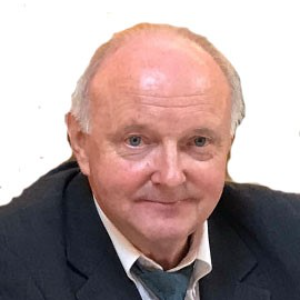
Bernd Blobel
University of Regensburg, Germany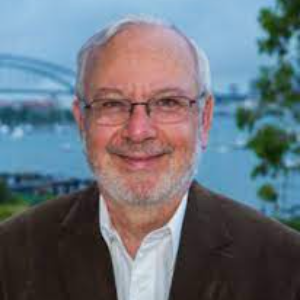
Roy Gary Beran
University of New South Wales, Australia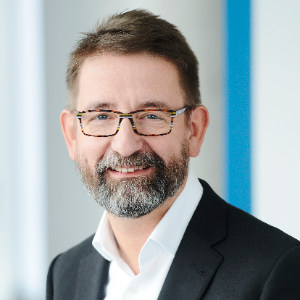
Matthias Schwab
University of Tubingen, Germany
Thomas Webster
Interstellar Therapeutics, United States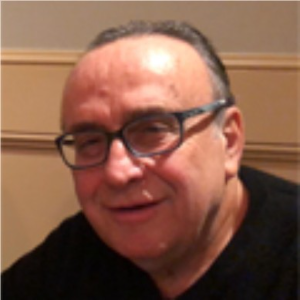
Boris Tankhilevich
Magtera, Inc., United States
Isabella Friis Jorgensen
University of Copenhagen, Denmark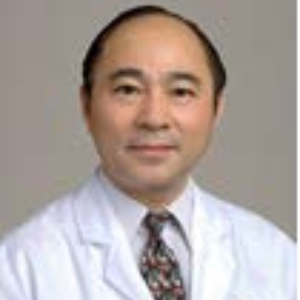
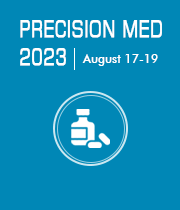

Title : The use of anti seizure medication therapeutic blood level determination to personalise the treatment of epileptic seizures especially in patients attending the accident and emergency department
Roy Gary Beran, University of New South Wales, Australia
Title : Personalized and precision medicine (PPM) can be established as a unique healthcare model through biodesign-driven and inspired biotech, translational applications. This approach aims to ensure human healthcare, wellness, and biosafety.
Sergey Suchkov, Institute for Biotech & Global Health of RosBioTech and A.I. Evdokimov MGMSU, Russian Federation
Title : Monitoring folds localization in ultra-thin transition metal dichalcogenides using optical harmonic generation
Ahmed Raza Khan, Australian National University, Australia
Title : A systematic review of regulatory approaches for Direct- To- Consumers (DTC) genetic testing
Kavitha Palaniappan, Duke-NUS Medical School, Singapore
Title : Regulatory framework of in vitro diagnostic and artificial intelligence for precision medicine
Pei Ting Sarah Chou, Regulatory Affairs Professionals Society, Taiwan
Title : Unraveling cancer stem cell signatures in circulating tumor cells of metastatic colorectal cancer: Investigating ALDH1A1 and the repurposing potential of disulfiram via scRNA-seq
Nurul Syakima Ab Mutalib, Universiti Kebangsaan Malaysia, Malaysia